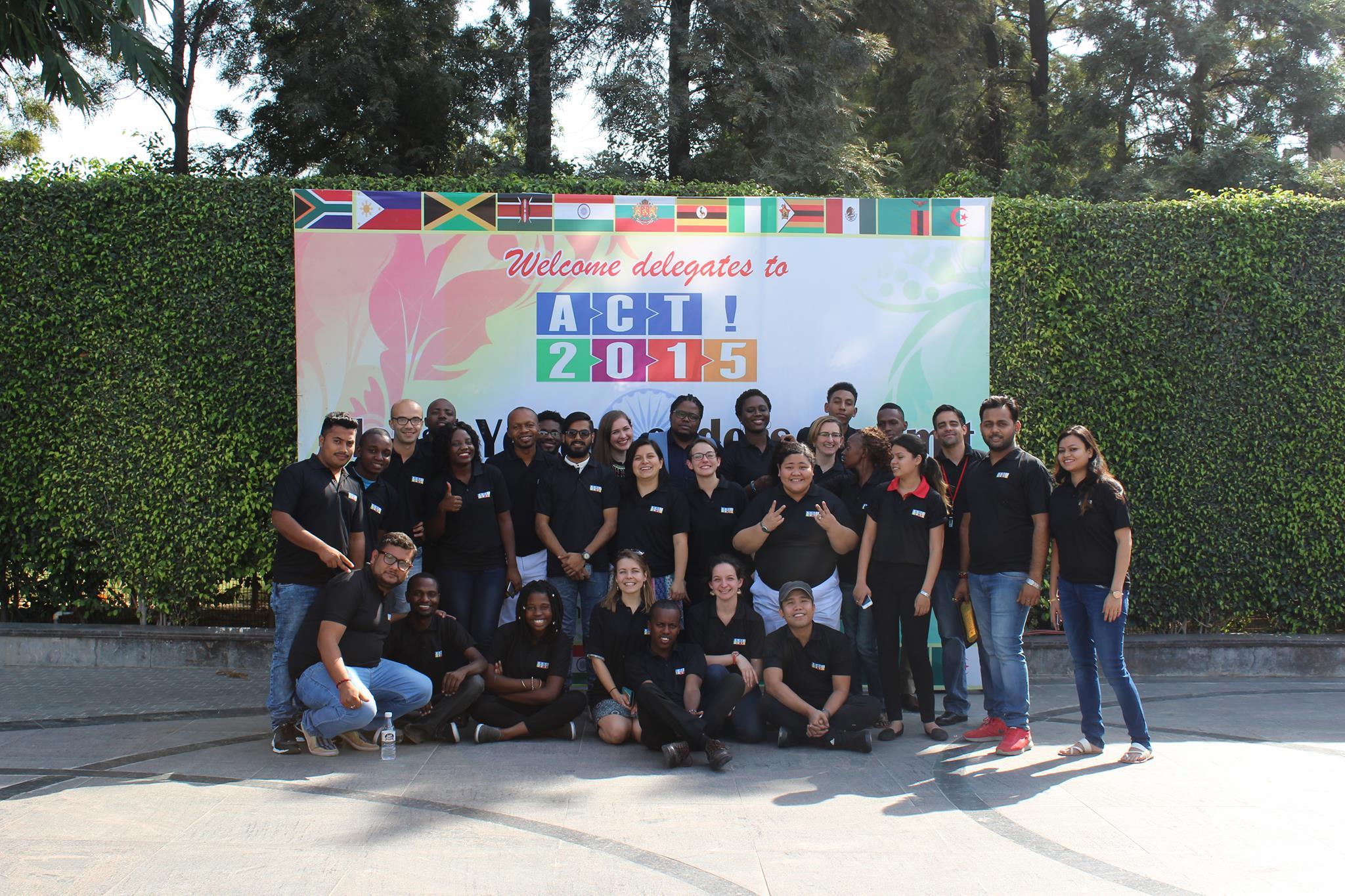
| 26 April 2022
SPRINT: Sexual and reproductive health in crisis and post-crisis situations
The SPRINT Initiative delivers one of the most overlooked but life-saving forms of humanitarian assistance: access to essential sexual and reproductive health (SRH) services during emergencies. When disaster or conflict strikes, SPRINT ensures that the reproductive health needs of women, girls, and marginalised groups are not forgotten.Since 2007, the SPRINT programme has supported the provision of lifesaving SRH services in emergencies by IPPF’s Member Associations (MAs) across the Indo-Pacific region and beyond. Drawing on IPPF’s existing local networks and partnerships at the country level, SPRINT covers all stages of the humanitarian programme cycle – from preparedness and response to recovery and post-crisis – while also contributing to long-term system strengthening through mitigation strategies.In 2024, SPRINT IV enabled IPPF MAs to provide essential, life-saving SRH services in crisis situations in Sudan, Thailand, Nepal, Indonesia, Bangladesh, Pakistan, India, South Sudan, Ethiopia, the Philippines and Vanuatu.Funded by the Australian Government’s Department of Foreign Affairs and Trade (DFAT), SPRINT builds the capacity of local and national actors to deliver the Minimum Initial Service Package (MISP) for reproductive health in emergencies. These life-saving services include support for safe childbirth, contraception, prevention and treatment of sexually transmitted infections, and clinical care for survivors of sexual violence.Since its launch, SPRINT has responded to 128 humanitarian crises across 99 countries, reaching over 2.5 million people with essential services. In each priority country, IPPF works through its local Member Associations to lead and coordinate the SRH response. These partnerships help strengthen national systems, build local capacity, and ensure that services are timely, accessible, and rights-based.Australia’s location in the Indo-Pacific gives DFAT a unique regional perspective on humanitarian action. In addition to supporting direct response, Australia is committed to building the capacity of governments and civil society to lead their own crisis response. DFAT also works in collaboration with other donors, the United Nations, the International Red Cross and Red Crescent Movement, and NGOs to strengthen preparedness and humanitarian coordination.You can read more about IPPF Humanitarian’s work here.

| 07 February 2017
ACT!2030
IPPF collaborates with UNAIDS and The PACT to implement ACT!2030 (formerly ACT!2015), a youth-led social action initiative which engages young people in 12 countries with advocacy and accountability around the Sustainable Development Goals (SDGs) and other SRHR agreements/frameworks. ACT!2030 was initiated in 2013 as a way to increase youth participation in the negotiations leading up to the adoption of the post-2015 development agenda, and for two years focused on establishing alliances of youth-led and youth-serving organisations in 12 countries across the world. The project is currently in Phase 4, which runs until the end of 2017, and aims to establish youth-led, data-driven accountability mechanisms to ensure youth engagement with the implementation of the SDGs and build an evidence base for advocacy. Ultimately, Phase 4 of ACT!2030 seeks to identify, assess and address key policy barriers to young people’s sexual and reproductive data by using existing data, supplemented by youth-collected data, to advocate and lobby for policy change. This phase involves four main activities: indicator advocacy (persuading decision makers to adopt youth-friendly SRHR and HIV indicators, including on things like comprehensive sexuality education (CSE) and access to youth-friendly services, into national/global reporting mechanisms); evidence gathering (creating national databases on quality of and access to youth-friendly services and CSE); communications (transforming this data and evidence into communications pieces that can be used to advocacy and lobby at national and international level); and global exchange (facilitating global visibility to share advocacy and engagement learnings and increase youth-led accountability in global and regional processes). ACT!2030 is implemented by national alliances of youth organisations in 12 countries: Algeria, Bulgaria, India, Jamaica, Kenya, Mexico, Nigeria, Philippines, South Africa, Uganda, Zambia and Zimbabwe.






